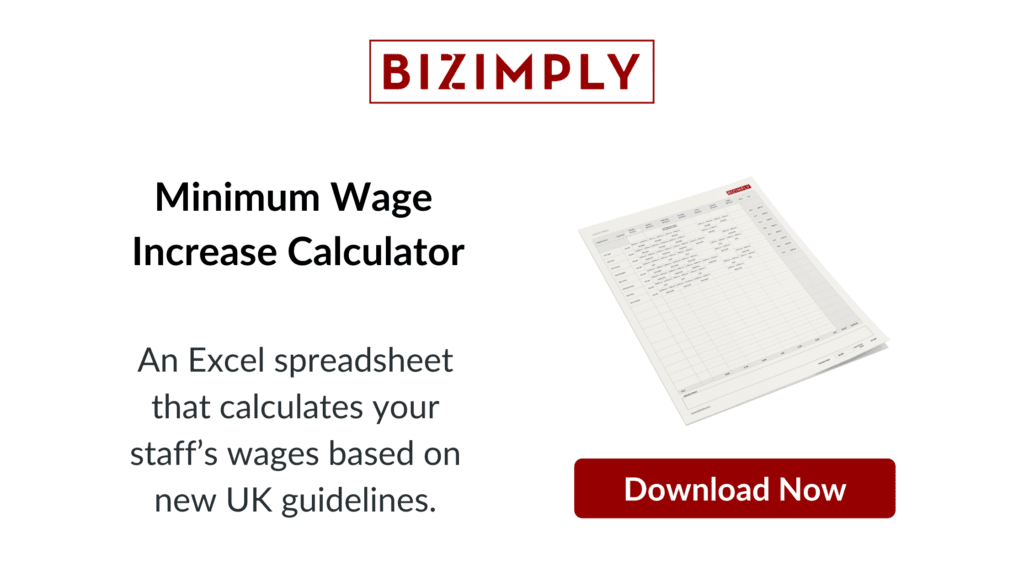A new Tip Legislation has been passed and is being implemented soon for staff to gain full control over their tips.
What will we discuss in this blog?
- The new tip legislation,
- How the new tip legislation affects staff,
- Thoughts from industry leaders.

By making it unlawful for businesses to withhold well-earned service charges from their staff, the new tip legislation, when put in place by the law, will ensure that all tips and service charges paid by customers, are fairly distributed amongst staff.
The bill would amend the Employment Rights Act 1996 to and put new legal responsibilities onto employers.
Customers can be reassured that any money they pay to go towards tips, will directly go to staff for their hard work.
The new Tipping Bill will benefit more than 2 million workers across the UK and will give them the right to see an employer’s tipping record, for the first time in history.
The tip legislation was passed on Friday 15th July, which banned employers from withholding tips from their employees.
The majority of hospitality workers who earn the National Minimum Wage, often rely on tips to make up their pay. Unfortunately, many businesses fail to distribute the tips that staff have worked hard to earn.
MP, Dean Russell, fought for the new tip legislation; The Employment (Allocation of Tips) Bill, and has officially been backed by the government.
What industries will benefit?
- Hospitality
- Leisure
- Retail
- Services
With the current cost of living crisis, the new tip legislation should help to ease the pressure experienced by the majority of these employees.
Business Minister Jane Hunt said:
At a time when people are feeling the squeeze with rising costs, it is simply not right that employers are witholding tips from their hard working employees. Whether you are pulling pints or greeting guests, today’s reforms will ensure that staff receive a fair day’s pay for a fair day’s work – and it means customers can be confident their money is going to those who deserve it.
Through the Bill, we will also see a new statutory Code of Practice developed to provide businesses and staff with advice on how tips should be distributed.
Workers will receive a new right to request more information relating to an employer’s tipping record, enabling them to bring forward a credible claim to an employment tribunal.
Dean Russell, Conservative MP for Watford, said:
I am delighted my Tips Bill has passed second reading in Parliament. It is fantastic that we are on track to securing a fair deal for millions of people working in hospitality across the country.
It has always felt wrong that some employers have retained tips intended for their staff. This new legislation will halt this practice, particularly given the current challenges around the cost of living.”
Has the move towards a cashless society affected customers giving tips?
It certainly has exacerbated the problem, as businesses will often keep the tips given via card payment.
However, once the new tip legislation is in place, this will not be the case.
Today’s reforms follow a range of government action to support people with the cost of living and help those on lower incomes keep more of what they earn.
The National Living Wage had an increase of £9.50 per hour back in April, this is equivalent to an extra £1,000 a year for a full-time worker.

A campaign was carried out to encourage workers to check their pay.
In addition, the government recently announced a widening of the ban on exclusivity clauses, giving the lowest paid workers flexibility to top up their pay and work multiple jobs if they wish.
The unemployment rate in the UK edged down to 3.7% in Q1 2022, this is the lowest since 1974.
For the first time since records began, there are fewer unemployed people (1.257 million) than there are job vacancies, which reached a new record of 1.295 million.
Recommended Bizimply read: Planning Ahead for National UK Living Wage Increase
In conclusion,
The legislation will include:
- a requirement for all employers to pass on tips to workers without any deductions
- a Statutory Code of Practice setting out how tips should be distributed to ensure fairness and transparency
- new rights for workers to make a request for information relating to an employer’s tipping record, enabling them to bring forward a credible claim to an employment tribunal
See what all the fuss is about with Bizimply! Book yourself in for a business consultation and get a quick review of how you could benefit from a workforce management software, best of all, it’s FREE! Book in through the button below 👇





